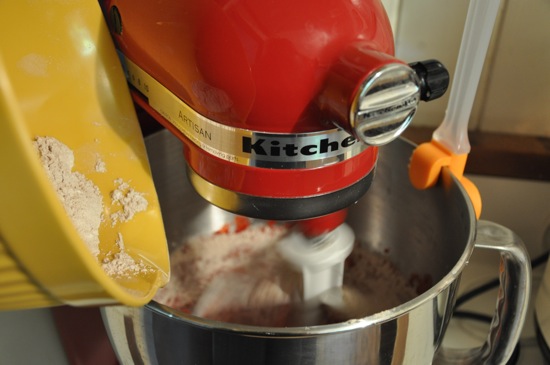
As the oysters start growing, even their shell starts growing bigger in size. The growth of the oyster shell is facilitated by an organ known as the mantle, which uses the minerals in the oyster's food to form this shell. The inner part of the shell is lined by nacre or the mother-of-pearl - a material created by the mantle which is known for its strength and iridescence.
At times, when the shell is open, a foreign substance manages to slip inside the shell and resides between the shell and mantle. The foreign substance in question here can be anything right from some irritant to a parasite. As a natural reaction to this, the oyster covers the intruder with nacre. The nacre forms layer after layer over the foreign particle, and this eventually leads to the formation of a small object which we know as the pearl.
Disadvantages: An additional monthly service fee and hardware costs. Ongoing costs: Monthly POS service fee, card processing, mobile data service and possible hardware fees. Business ownership: Numerous tax advantages come with business ownership, and while it is difficult to own and run a business, at least there is a little bit of relief on the tax front.
Freedom: Choosing menu items, the vendors you want to purchase from, your employees and the events at which you want to vend are just some of the freedoms you will enjoy as a food truck business owner. You'll also have full control of your social media, marketing and schedule. Mobility: Being able to bring your business to different locations based on demand during different periods of the day, days of the week, etc., is a huge advantage, said Angulo.
Time: Long hours are the norm when owning a food truck business. With shopping, prep, marketing, event booking, cleaning, truck maintenance, accounting and tax obligations, etc., this is more than a full-time job. Competition and Market: Carefully research your market to increase the chance of success, since you will most certainly have competition with other food trucks. Ordinances and Zoning: Every area is different in terms of where you can park your food truck and how long you can park there. Make sure you know the rules in each location you plan on operating to prevent tickets and fines.
It is important to research the different areas you are considering for your food truck business location, and consider the necessary permits and regulations there. Food safety: You'll need to comply with local food safety requirements, just like any other restaurant in the area. Contact the local health department to find out more information, such as if you need to prepare all your food in a professional kitchen or if you can use your own facilities.
Zoning and parking: There may be restrictions on where you can park your truck, so make sure you research that before setting up shop. There could be commercial versus noncommercial zoning restrictions, parking time limits or distance restrictions from other establishments. The city and local motor vehicle department will be able to help.
I LOVE all those things on your list but like the herbivorhippi I have not had pistachios in a long while. The tip about black tea is interesting. I've been seeing it offered more and more in ready-made iced tea bottles lately. Home brewed, black tea does make an excellent iced tea, too. You've also given me the perfect excuse to snack on a small amount of chocolate - I feel less guilty about it now.
Tags:
How Make Food
